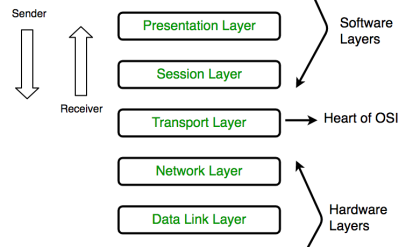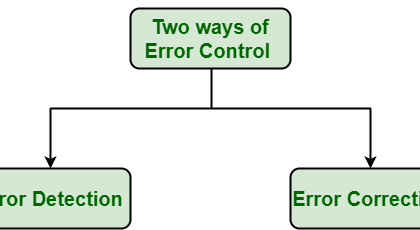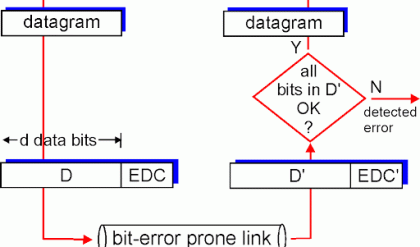Integral calculus, Branch of calculus concerned with the theory and applications of integrals. While differential calculus focuses on rates of change, such as slopes of tangent lines and velocities, integral calculus deals with total size or value, such as lengths, areas, and volumes. The two branches are connected by the fundamental theorem of calculus, which shows how a definite integral is calculated by using its antiderivative (a function whose rate of change, or derivative, equals the function being integrated). For example, integrating a velocity function yields a distance function, which enables the distance traveled by an object over an interval of time to be calculated. As a result, much of integral calculus deals with the derivation of formulas for finding antiderivatives. The great utility of the subject emanates from its use in solving differential equations.
This article was most recently revised and updated by William L. Hosch, Associate Editor.

calculus
Calculus, branch of mathematics concerned with the calculation of instantaneous rates of change (differential calculus) and the summation of infinitely many small factors to determine some whole (integral calculus). Two mathematicians, Isaac Newton of England and Gottfried Wilhelm Leibniz of Germany, share credit for having independently developed the calculus in…
Integral
Integral, in mathematics, either a numerical value equal to the area under the graph of a function for some interval (definite integral) or a new function the derivative of which is the original function (indefinite integral). These two meanings are related by the fact that a definite integral of any…
Differential calculus
Differential calculus, Branch of mathematical analysis, devised by Isaac Newton and G.W. Leibniz, and concerned with the problem of finding the rate of change of a function with respect to the variable on which it depends. Thus it involves calculating derivatives and using them to solve problems involving nonconstant rate.





